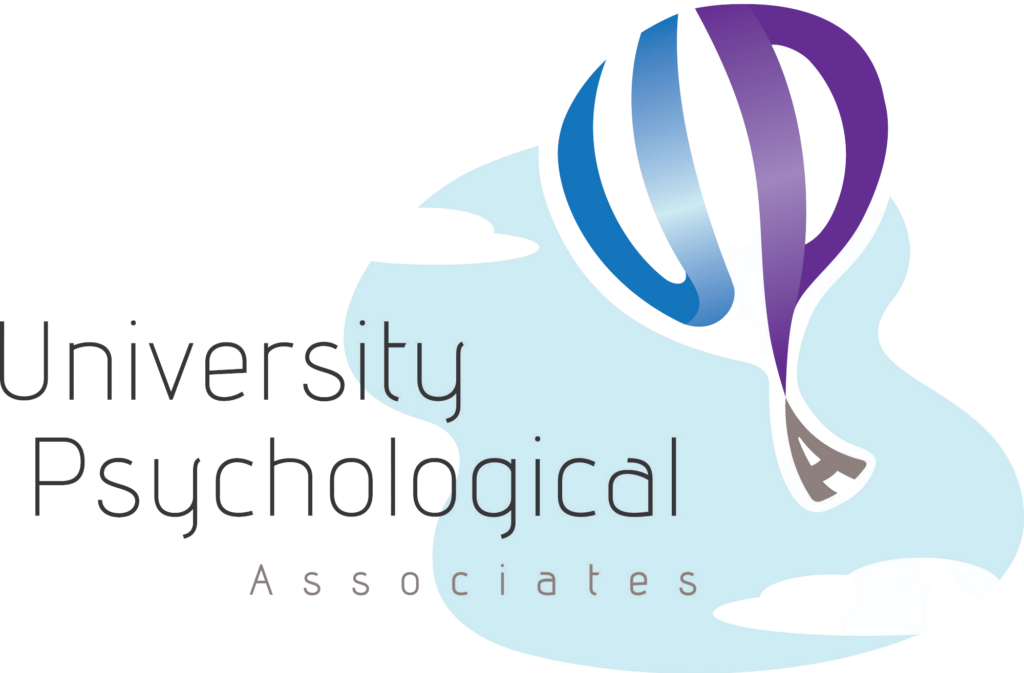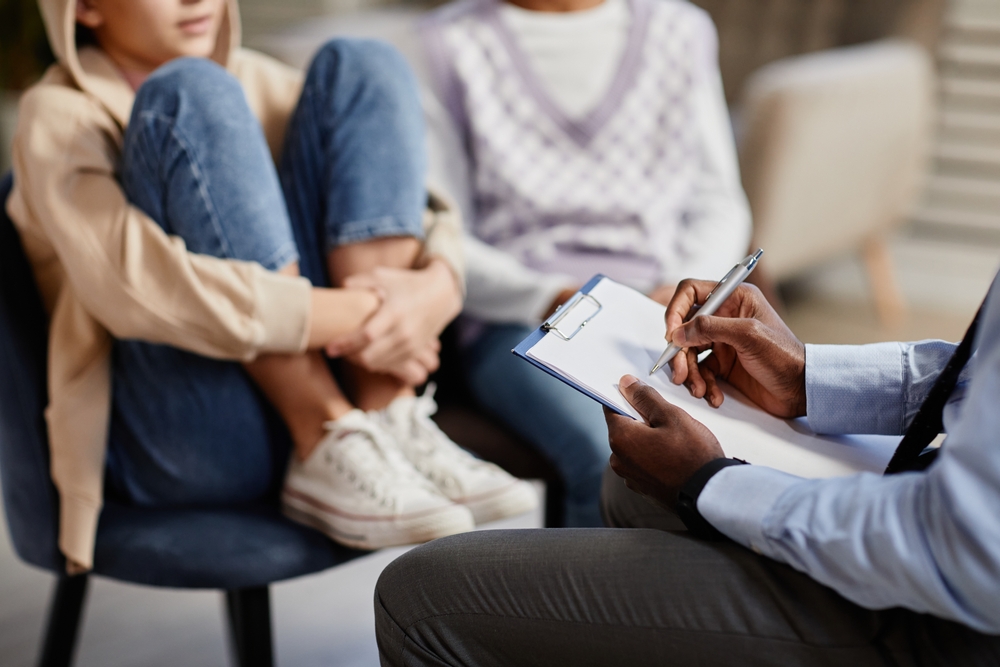At University Psychological Associates, P.A., we understand that children and adolescents face unique challenges that require tailored approaches for mental health support. Our Child and Adolescent Therapy services aim to provide a safe, supportive, and understanding environment to help our young patients navigate these challenges, assisting them in building resilience and cultivating healthy coping mechanisms for long-term well-being.
Recognizing Symptoms in Children and Adolescents
The signs of emotional distress can manifest differently in children and adolescents than in adults. Pay close attention to any changes in behavior, mood, or social interaction, which could indicate a need for professional intervention. Some common symptoms may include:
- Emotional Symptoms: Frequent mood swings, intense worry or sadness, overreacting to situations, feelings of worthlessness or hopelessness.
- Behavioral Symptoms: Changes in sleep or eating patterns, decline in academic performance, loss of interest in favorite activities, avoidance of social interactions.
- Physical Symptoms: Unexplained headaches or stomachaches, fatigue, changes in weight or appearance.
- Cognitive Symptoms: Difficulty concentrating, persistent negative thought patterns, decreased school performance.
Each child is unique, and symptoms can vary. If you persistently observe any of these symptoms, consider contacting a professional therapist.
The Need for Child and Adolescent Therapy
Childhood and adolescence are critical developmental periods that lay the groundwork for future mental and emotional health. During these stages, children learn essential skills like problem-solving, emotional regulation, social interaction, and resilience. However, when emotional distress or mental health issues interfere, it can significantly affect a child’s ability to acquire these vital skills.
Experiencing anxiety, depression, or behavioral problems can also lead to significant challenges in a child’s daily life, affecting their academic performance, relationships, and overall happiness. It’s important to remember that just like adults, children, and adolescents also experience stress and can benefit significantly from professional support.
Early intervention can often prevent more severe mental health problems later in life. With the proper guidance, children and adolescents can learn to understand their emotions better, manage stress effectively, and build stronger, healthier relationships with their peers and family members.
Treatment Process at University Psychological Associates, P.A.
Our treatment process for child and adolescent therapy is comprehensive and personalized to suit each child’s unique needs. The process generally follows these stages:
- Assessment: Our therapists begin by thoroughly evaluating the child’s emotional, cognitive, and social functioning to understand their specific challenges.
- Treatment Planning: Based on the assessment, the therapist collaborates with the child and their caregivers to develop a tailored treatment plan.
- Therapeutic Interventions: Depending on the child’s age and needs, the therapist may use a variety of therapeutic interventions. This could include cognitive-behavioral, play, or family therapy
- Skills Development: The therapy sessions focus not only on addressing the immediate issues but also on teaching children and adolescents skills like emotional regulation, problem-solving, and communication, which they can apply in their daily lives.
- Progress Evaluation and Adaptation: Our therapists consistently monitor progress and adjust the treatment plan as needed to ensure that it continues to meet the child’s evolving needs.
Prevention and Building Resilience
While it may not always be possible to prevent mental health issues, there are steps parents and caregivers can take to promote children’s emotional well-being. These include fostering open communication, promoting healthy routines, teaching stress management techniques, and encouraging positive social interactions.
Building resilience in children and adolescents is a crucial aspect of prevention. Resilience equips them with the ability to adapt to adversity, cope with life’s challenges, and bounce back from setbacks. Our therapists work closely with parents or caregivers, providing them with the necessary tools and strategies to help their child build resilience and effectively manage stress.
Promising Prospects with Child and Adolescent Therapy
Many children and adolescents undergoing therapy can significantly improve their emotional well-being, social interactions, and academic performance. It’s important to understand that therapy is a journey, and progress takes time. However, with the proper support, children and adolescents can learn to navigate their feelings, build resilience, and lead happier, healthier lives.
Therapy can provide them with the skills and coping mechanisms they can carry into adulthood, promoting long-term mental health. At University Psychological Associates, P.A., we aim to empower children and adolescents to overcome challenges and reach their full potential.
Take the Next Step
If you’ve noticed changes in your child’s behavior or if they are struggling with emotional or social issues, don’t hesitate to seek help. Contact us at University Psychological Associates, P.A. at (704) 547-1483. Our dedicated therapists are here to support your child and family on this journey toward healing and growth.
Frequently Asked Questions
Child and adolescent therapy typically covers ages from 4 to 17. However, it is always best to consult with our providers to ensure the best fit for your child.
Child and adolescent therapy can address various issues, including anxiety, depression, behavior issues, academic struggles, social difficulties, and coping with major life changes or traumatic experiences.
Parents play a crucial role in a child’s therapy process. You can support your child by maintaining open communication, being patient and understanding, reinforcing strategies learned during therapy at home, and keeping in regular contact with the therapist.

